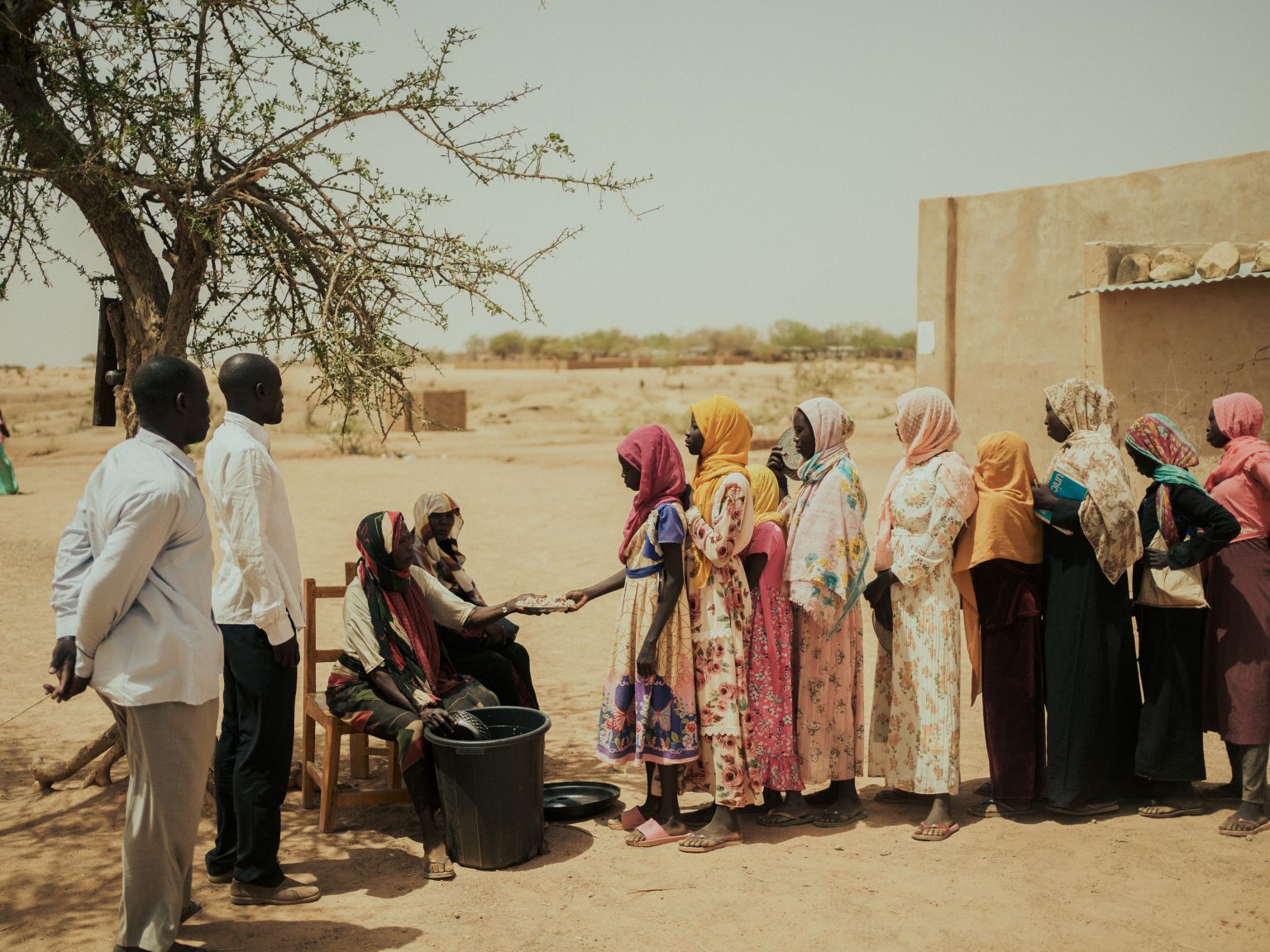The European Commission has launched a new campaign, “Feeding Hope,” to raise awareness about the European Union’s vital contribution to global humanitarian aid, particularly in addressing food security. The initiative aims to foster a sense of pride and engagement among citizens, focusing on older Generation Z and Millennials aged between 20 and 40.
Food insecurity has emerged as one of the most critical global issues. In 2023, the Global Report on Food Crises (GRFC) disclosed that 281.6 million people across 59 countries faced acute food shortages. This staggering figure underscores the scale of the crisis, with numbers continuing to rise due to conflicts, climate change, and economic instability.
As one of the world’s largest donors of humanitarian aid, the European Union has been at the forefront of combating global hunger. Since 2010, the EU’s humanitarian food assistance policy has delivered essential aid to millions who lack access to safe and nutritious food. In 2023 alone, the EU contributed €2.4 billion towards humanitarian aid, much of which was allocated to food assistance, reinforcing its leadership role in global efforts to address food insecurity.
The “Feeding Hope” campaign is designed to shed light on these significant efforts and create a deeper connection between EU citizens and the beneficiaries of the aid delivered in their name. The campaign will share compelling stories from individuals and communities who have directly benefited from EU aid in countries such as Bangladesh, Chad, and Yemen. These human-interest stories aim to offer a closer look at how EU-funded initiatives are saving lives and improving communities in some of the world’s most challenging regions.
Zacharias Giakoumis, Head of Communications at the EU Department for Humanitarian Aid, explained the motivation behind the campaign. “With the ‘Feeding Hope’ campaign, we aim to bring the stories of those who have benefited from our food assistance to the forefront, demonstrating the EU’s lifesaving efforts in humanitarian emergencies around the world.”
Collaborating with well-known activists and chefs such as Clodagh McKenna, the campaign will leverage their platforms to raise awareness of the importance of humanitarian food assistance. The involvement of influential figures is expected to help amplify the campaign’s messages and encourage younger generations to engage more deeply with humanitarian issues. Partnerships with international film festivals will further extend the campaign’s reach, using the medium of film to connect audiences with the realities faced by communities affected by food insecurity.
The European Commission’s “Feeding Hope” initiative comes at a crucial time when global food crises are worsening, with millions at risk. The campaign not only seeks to raise awareness but also to instil a sense of pride among EU citizens about the meaningful impact their collective contributions are making around the world. As food insecurity continues to challenge the international community, the EU remains committed to playing a leading role in alleviating suffering and ensuring that humanitarian aid reaches those who need it most.

